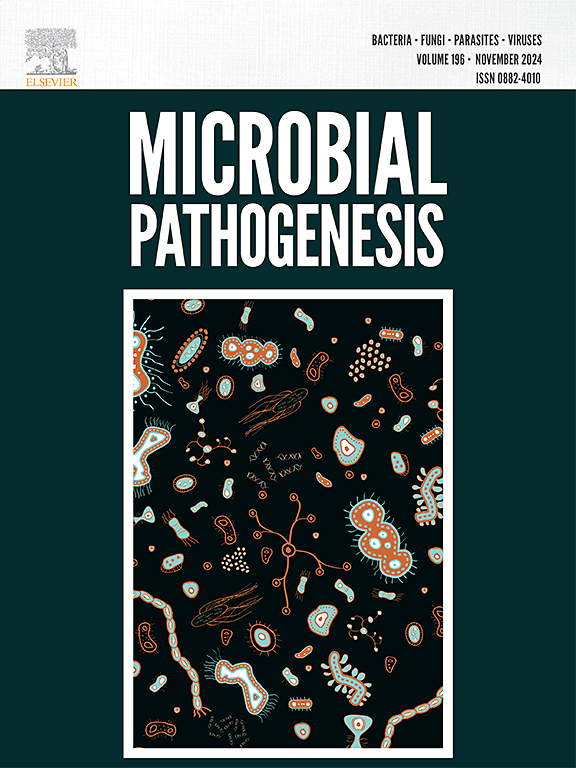合成抗菌肽:对抗可持续水产养殖的抗生素耐药性。
IF 3.5
3区 医学
Q3 IMMUNOLOGY
引用次数: 0
摘要
抗生素的广泛使用导致抗生素耐药细菌的发展,引起了重大的公共卫生问题。这凸显了对环境安全的替代分子的迫切需求。在此背景下,研究人员正在探索抗菌肽(AMPs)作为治疗这些疾病的可行替代抗生素。尽管具有潜力,但天然抗菌肽仍有一些局限性,包括在生物系统中的功效有限,生产成本高,对宿主细胞有毒性,体内稳定性低。为了应对这些挑战,研究人员正专注于设计具有增强稳定性、有效性和靶向抗菌作用的合成amp。本文综述了在水产养殖中设计合成抗菌肽的必要性及其对环境的影响。我们讨论了抗生素耐药性问题以及设计高效和改进的天然抗菌肽合成类似物的各种策略。此外,该综述还涵盖了各种计算工具和基于机器学习的方法,这些方法有助于AMP的预测和合理设计,从而开发出具有更好治疗特性的肽。通过整合合成生物学和计算建模方面的进展,合成抗菌肽为水产养殖疾病控制、减少对传统抗生素的依赖和增强水生动物健康提供了一种有前景的可持续解决方案。本文章由计算机程序翻译,如有差异,请以英文原文为准。
Synthetic antimicrobial peptides: Combatting antimicrobial resistance for sustainable aquaculture
The widespread use of antibiotics has resulted in the development of antibiotic-resistant bacteria, raising major public health concerns. This highlights the urgent need for alternative molecules that are safe for the environment. In this context, researchers are exploring antimicrobial peptides (AMPs) as viable alternative antibiotics for treating these diseases. Despite their potential, natural AMPs have several limitations, including limited efficacy in biological systems, high production costs, toxicity to host cells, and low in vivo stability. To address these challenges, researchers are focusing on designing synthetic AMPs with enhanced stability, efficacy, and targeted antimicrobial action. This review provides a comprehensive overview of the necessity for designing synthetic AMPs in aquaculture and their environmental implications. We discuss the issue of antibiotic resistance and various strategies for designing highly potent and improved synthetic analogs of natural AMPs. Additionally, the review covers various computational tools and machine learning-based approaches that facilitate AMP prediction and rational design, enabling the development of peptides with improved therapeutic properties. By integrating advances in synthetic biology and computational modelling, synthetic AMPs offer a promising, sustainable solution for disease control in aquaculture, reducing reliance on conventional antibiotics and enhancing aquatic animal health.
求助全文
通过发布文献求助,成功后即可免费获取论文全文。
去求助
来源期刊

Microbial pathogenesis
医学-免疫学
CiteScore
7.40
自引率
2.60%
发文量
472
审稿时长
56 days
期刊介绍:
Microbial Pathogenesis publishes original contributions and reviews about the molecular and cellular mechanisms of infectious diseases. It covers microbiology, host-pathogen interaction and immunology related to infectious agents, including bacteria, fungi, viruses and protozoa. It also accepts papers in the field of clinical microbiology, with the exception of case reports.
Research Areas Include:
-Pathogenesis
-Virulence factors
-Host susceptibility or resistance
-Immune mechanisms
-Identification, cloning and sequencing of relevant genes
-Genetic studies
-Viruses, prokaryotic organisms and protozoa
-Microbiota
-Systems biology related to infectious diseases
-Targets for vaccine design (pre-clinical studies)
 求助内容:
求助内容: 应助结果提醒方式:
应助结果提醒方式:


